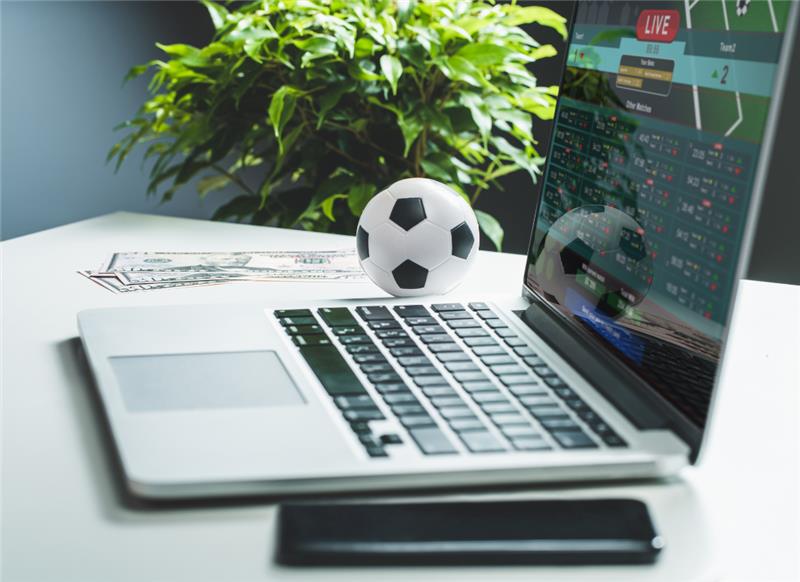NCAA Passes Recommendation on NIL Implementation… Now What?
Originally published on May 14, 2020
Updated on February 6th, 2024
Remember just a couple months ago, when it seemed like the only topic in the collegiate athletics world was how name image likeness (NIL) legislation would usher in massive change to finances and operations? Those were the good old days! The impact of COVID-19—and the titanic threat it poses to the fall 2020 athletic seasons and beyond—has been a much scarier and depressing conversation.
Amidst the overhanging pandemic cloud, the NCAA finally released its long-awaited recommendations for the implementation of NIL within collegiate athletics. While it had previously promised guidance in this area by this date, many questions remain. These recommendations represent “guardrails” for the NCAA as it moves toward actual policy implementation for the 2021-2022 athletic year. (Such implementation was promised for January 2021.)
The recommendations support the concept of student-athletes receiving compensation for third-party endorsements both related to and separate from athletics. But they also contain some fairly restrictive parameters around how that can be done. Some of the major guardrails suggested include:
- Make clear that compensation for athletics performance or participation from the college or university is impermissible.
- Reaffirm that student-athletes are students first and not employees of the university.
- While student-athletes would be permitted to identify themselves by sport and school, the use of conference and school logos, trademarks or other involvement would not be allowed.
- Protect the recruiting environment and prohibit inducements to select, remain at or transfer to a specific institution.
The Board is drafting its own recommendation for the NCAA divisions’ rulemaking committees to carry out to implementation. It has also made clear that they intend to engage the U.S. Congress to take steps including:
- Ensuring federal preemption over state name, image and likeness laws
- Establishing a “safe harbor” for the association to provide protection against lawsuits filed for name, image and likeness rules
- Safeguarding the nonemployment status of student-athletes
- Maintaining the distinction between college athletes and professional athletes
- Upholding the NCAA’s values, including diversity, inclusion and gender equity
The NCAA’s recommendations in this area are certainly helpful and move toward the eventual implementation of an NIL policy for collegiate athletics. However, numerous athletic directors recognize that there are many unanswered questions and some big hurdles to clear first.
Between financial literacy and time management, universities will need to help student-athletes beyond the academic and nutritional support they’re currently providing. SEC commissioner Greg Sankey sees the need for tremendous support for student-athletes as NIL comes into effect.
“When you actually walk through the exercise of scheduling appearances, having contracts, what’s the rate going to be, where am I going to find the time?” he said recently on the Dan Patrick Show. “We literally ended with questions: ‘How can my university help me in this process?’ That hasn’t been answered for us yet.”
The recommendations also include the charge to engage Congress to establish an antitrust exemption to help the NCAA manage NIL. That is a huge goal, with politicians already lining up against it. Ohio Rep. Anthony Gonzalez (a former Ohio State student-athlete and NFL wide receiver) said he doesn’t think members of Congress will favor giving the NCAA an antitrust exemption.
Tennessee Senator Marsha Blackburn seems to agree. “We were giving the NCAA a chance to get their act together, but I think their leadership is weak,” she tweeted recently. “They are tentative, have shown they can’t come through with a requisite list of standards. If they are that ineffective, we will do this for them.”
The lack of enthusiasm for the NCAA’s recommendations has been well covered by top journalists in collegiate athletics. Andy Staples of The Athletic said the following in a recent opinion column:
“Just watch. If the COVID-19 shutdown causes the football season to get pushed into the spring, allowing players to make money—which must take effect before an about-to-be-signed Florida law takes effect on July 1, 2021—probably would be presented by the schools as an act of mercy as they ask football players to play two full seasons in one calendar year. That’s probably why it’s so difficult to praise these folks even when they make a positive change. They always make it seem as if they’re doing everyone a massive favor when they get forced to do something they should have been doing all along.”
One of the biggest hurdles we see is whether the NCAA can successfully enlist the federal government to fend off various states’ push against one national standard that preempts state laws. The NCAA might even hope that Congress will help provide a federal antitrust exemption.
In an election year that is already pre-occupied with dealing with the COVID-19 pandemic, however, it seems fairly unlikely that anything like this might be passed anytime soon. Then add the fact that certain state legislation (notably Florida, where legislation is awaiting the governor’s signature) goes into effect in July of 2021. It all means a whirlwind of activity to develop and implement a cohesive plan for NIL—all during the tsunami that is COVID-19.
One thing is for sure… it will be a chaotic next six months on both of these fronts!
All content provided in this article is for informational purposes only. Matters discussed in this article are subject to change. For up-to-date information on this subject please contact a James Moore professional. James Moore will not be held responsible for any claim, loss, damage or inconvenience caused as a result of any information within these pages or any information accessed through this site.
Other Posts You Might Like

